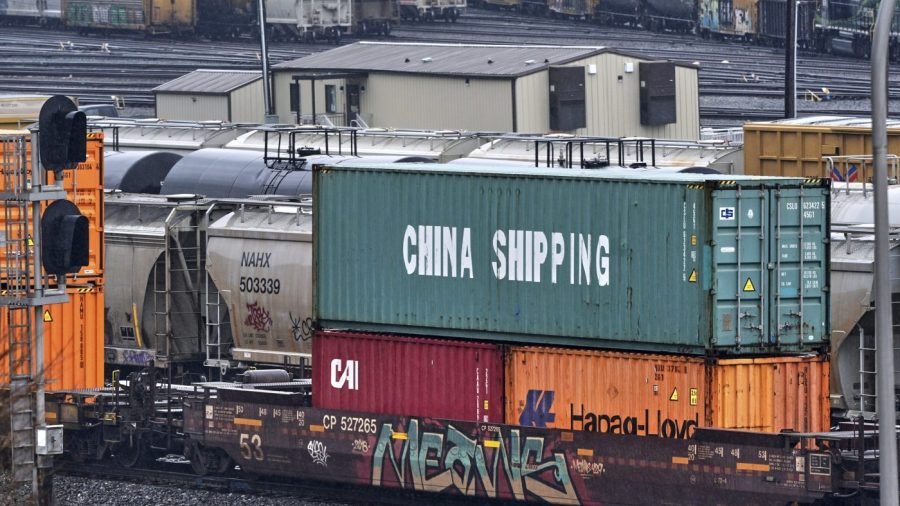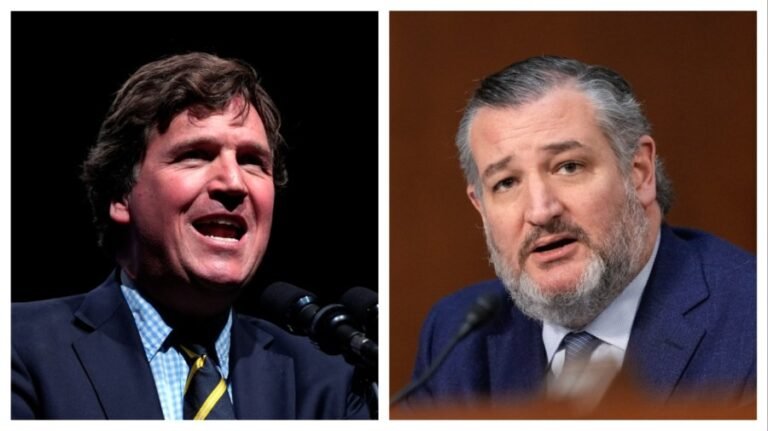
Orders for durable goods surged in March ahead of Trump’s April 2 tariff announcement, driven almost entirely by demand for transportation and specifically increased commercial aircraft orders.
New orders for manufactured goods increased by 9.2 percent to $315.7 billion in March, compared to a 0.9-percent rise in February. Economists were predicting an increase of just 2 percent.
Transportation equipment orders rose by 27 percent on the month while civilian aircraft orders popped by 139 percent. Orders for civilian capital goods were up by 29.4 percent.
U.S. aircraft manufacturer Boeing reported orders for 192 aircraft in March, according to aviation market research company Centre for Aviation. SIngapore-based BOC ordered 50 planes, Korean Air ordered 40 planes, and Japan Airlines ordered 17 planes.
Excluding the transportation category, durable goods were flat from February to March.
The boosted orders came ahead of President Trump’s “Liberation Day” tariffs on April 2, in which he announced a 10-percent general tariff on imports to the U.S.
Trump’s trade war now spans 145-percent tariffs on Chinese imports and targeted tariffs on lumber, motor vehicles, steel and aluminum, among other goods.
The effective U.S. tariff rate is now about 25 percent according to the International Monetary Fund, the highest level in more than a century.
China reportedly ordered its airlines not to accept deliveries of Boeing jets as the U.S. and China remain deadlocked on trade. While markets felt optimistic about the prospect of talks between the two countries on Wednesday, neither side has made an initial move.
Shipping industry experts said earlier this month they were seeing an increase in advanced shipments of orders — something international supply chain experts have said they started to see last fall.
But that surge is expected to fall off.
“The next couple-three weeks look decent, which may be the end of this surge in inventory buffer that we’ve been seeing,” Los Angeles Port Director Gene Seroka said earlier this month.
“Global trade will slow as companies try to figure out what all this means and how they can mitigate these extraordinary cost increases,” he added.


